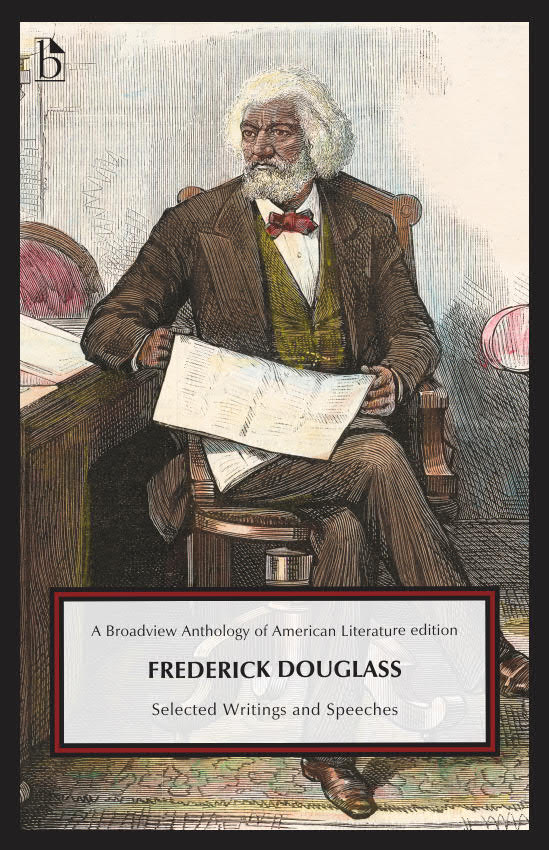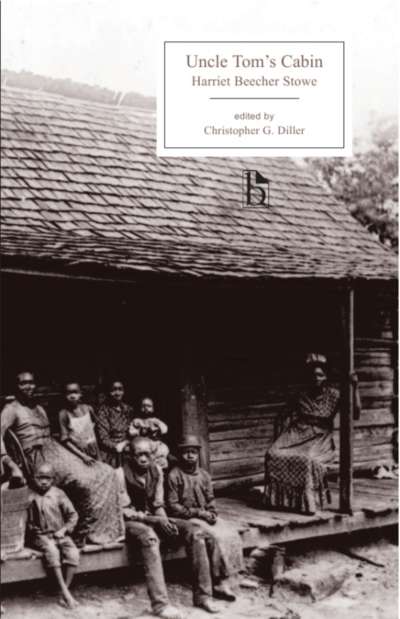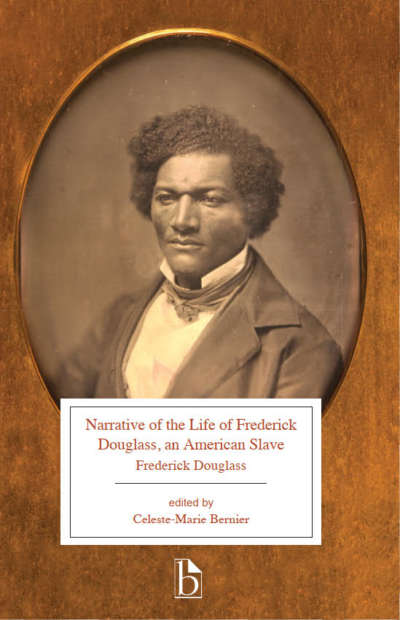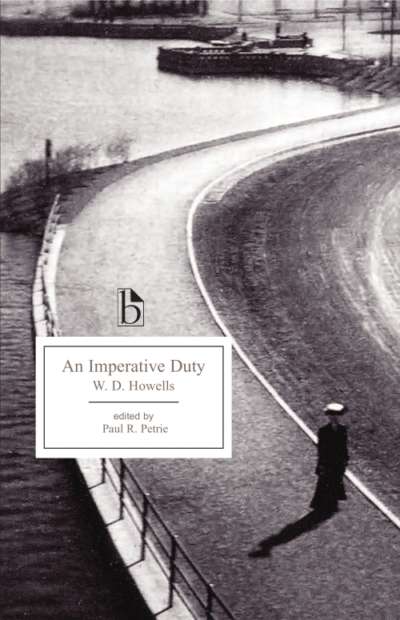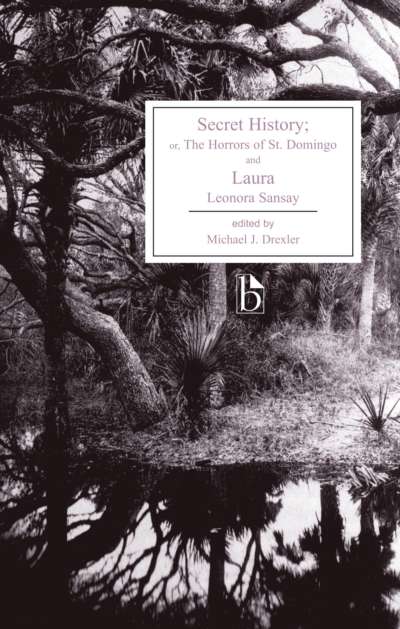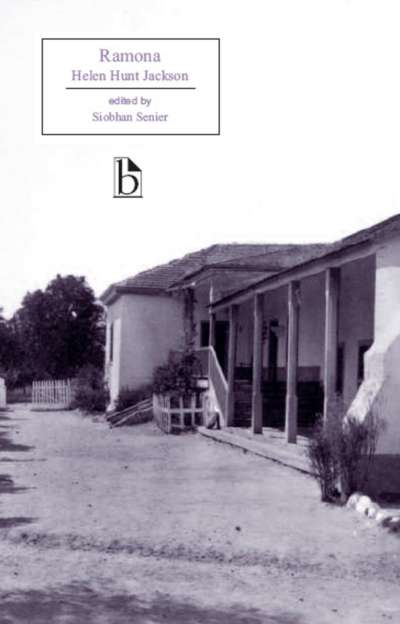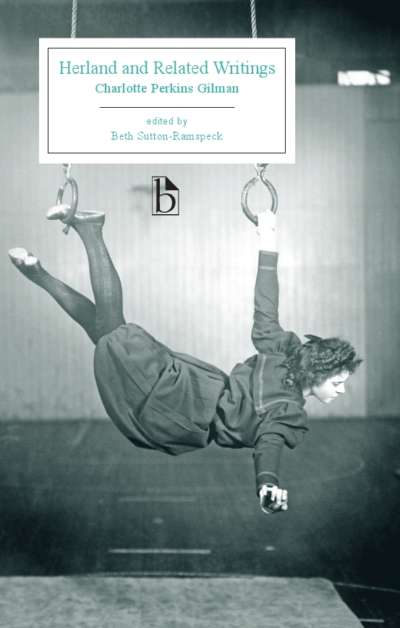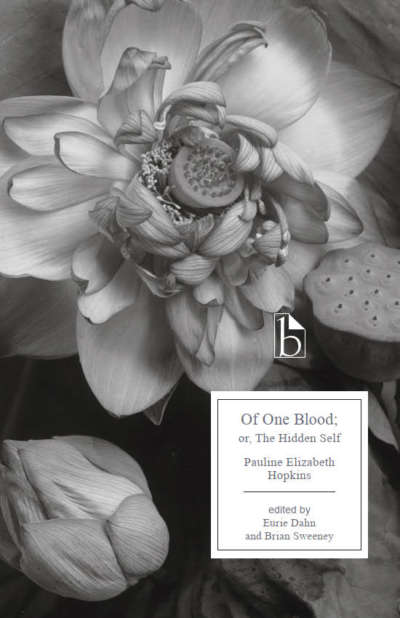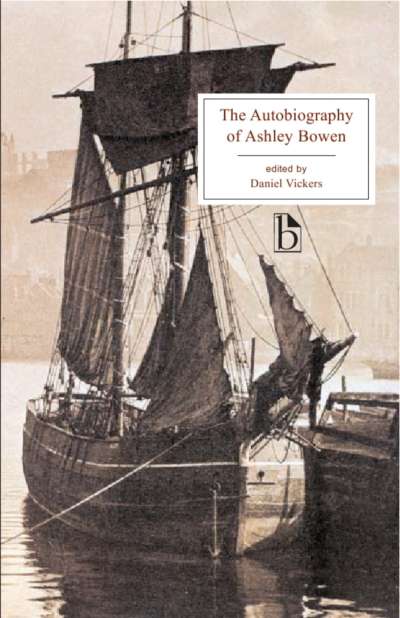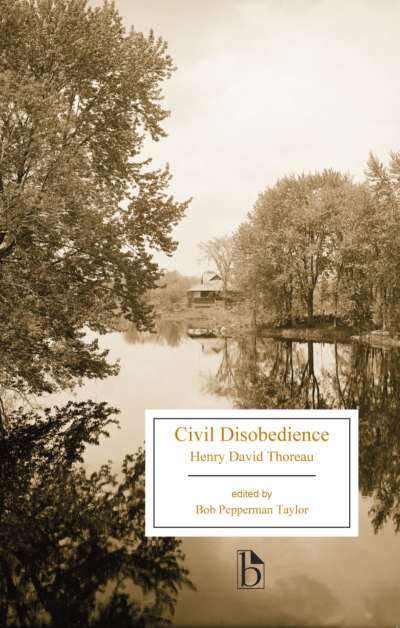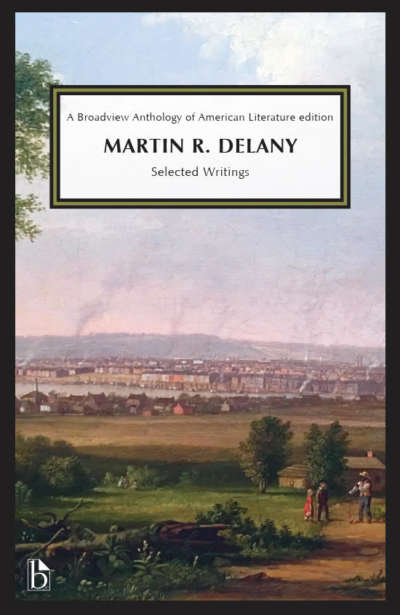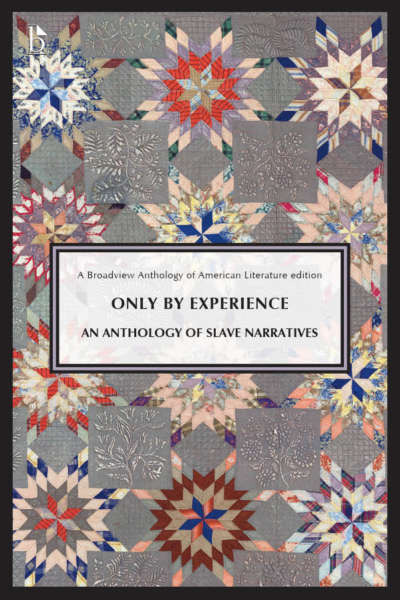
Universally recognized today as one of the most important and influential Americans of the nineteenth century, Frederick Douglass rose to prominence in the national abolitionist movement before and during the Civil War by virtue of the vividness and power with which, drawing on his personal experiences of enslavement and freedom, he spoke and wrote against American slavery—and he continued to propound his vision of an America that would afford freedom, equality, and opportunity to all long after slavery was formally abolished. This edition offers a selection of Douglass’s most significant writing and oratory from throughout his long career, including the complete texts of Narrative of the Life of Frederick Douglass, an American Slave, which has become a classic example of the slave narrative genre, and The Heroic Slave, Douglass’s only published work of fiction, together with excerpts from Douglass’s other autobiographical writings and key speeches he gave both before and after the Civil War. The edition also provides clear and thorough annotations for the assistance of the student reader and a range of contextual materials, including responses to Douglass’s Narrative and photographs of Douglass. As an introduction to Douglass’s life and work that balances breadth and concision, this edition is well suited for a variety of undergraduate courses in American history and literary studies.
This volume is one of a number of editions that have been drawn from the pages of the acclaimed Broadview Anthology of American Literature. The series is designed to make selections from the anthology available in a format convenient for use in a wide variety of contexts; each edition features an introduction and exaplanatory footnotes, and is designed to meet the needs of today’s students.
Comments
Comments on The Broadview Anthology of American Literature
“The expansion, diversification, and revitalization of the texts and terms of American literary history in recent years is made marvelously accessible in the … new Broadview Anthology of American Literature.” — Hester Blum, Penn State University
“The Broadview Anthology of American Literature is, quite simply, a breakthrough. … Meticulously researched and expertly assembled, this anthology should be the new gold standard for scholars and teachers alike.” — Michael D’Alessandro, Duke University
“So much thought has been put into every aspect of the Broadview Anthology of American Literature, from the selection of texts to their organization to their presentation on the page; it will be a gift to classrooms for years to come.” — Lara Langer Cohen, Swarthmore College
“The multiplicity of early American locations, languages, and genres is here on wondrous display.” — Jordan Alexander Stein, Fordham University
“Above all, this is a volume for the 21st century. … Its capaciousness and ample resource materials make for a text that is always evolving and meeting its readers in new ways.” — Russ Castronovo, University of Wisconsin-Madison
“a rich collection that reflects the diversity of American literatures…. [and] that never forgets its most important audience: students. There is a wealth of material here that will help them imagine and reimagine what American literature could be.” — Michael C. Cohen, UCLA
“The Broadview Anthology of American Literature is an instructor’s dream for introducing students to the diversity and complexity of American literature.” — Venetria K. Patton, University of Illinois, Urbana-Champaign
“I am eager to teach with this anthology! It aligns with cutting-edge research through its selections, its introductions, and explanatory notes, and the texts are supplemented with primary documents that encourage teachers and students to think critically and dynamically.” — Koritha Mitchell, The Ohio State University

